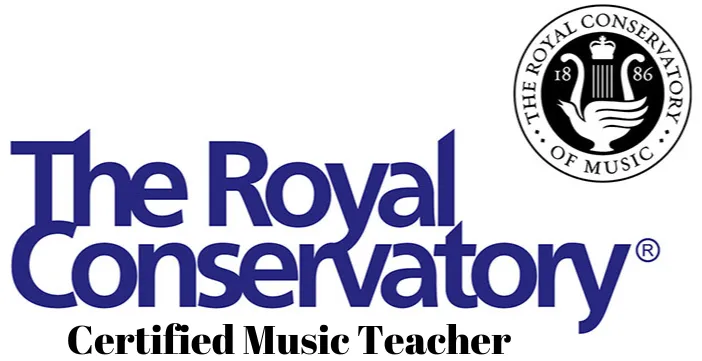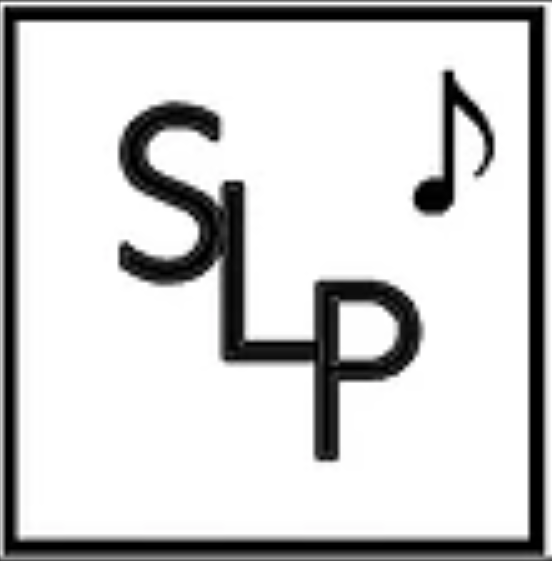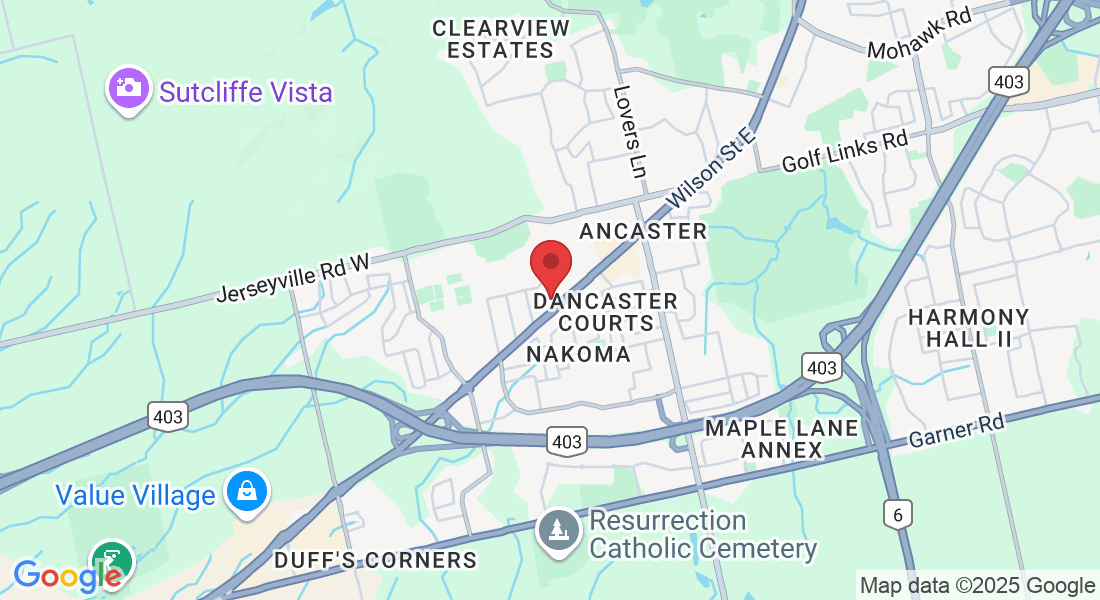
Professional Private Piano Lessons
Piano lessons are best taken in a one on one environment. Teacher-student interaction is focused
and tailor fit to each individual.
After the initial interview, the lesson
plan is established based on the student’s current level. Lessons are
structured but also holistic and flexible.
Each student is unique. Private
lessons address this uniqueness and no two lesson are quite alike.
Online Lessons
Since March 2020, with the immediate and necessary switch to
all things virtual, the studio made the transition with great swiftness!
All students were taught online with great success. All
communications went unchanged albeit slightly more detailed with the aid of
extra cameras etc!
As “in-person” became more comfortable again I have been
able to provide a hybrid mode of attending lessons.
This has proven to be the way forward in the 21st century!
In person is wonderful but online is now an equally
wonderful option for whatever reason: distance, Illness, inclement weather,
etc.
Students from near and far benefit from this style of
lesson.
I will coach the student the same way. Commenting on form,
sound, technique , repertoire, etc.
We discuss set up of device(s) for optimal sound and visual,
thus simulating almost exactly the side by side traditional lesson.
Platforms such as FaceTime, Google chat/ Hangouts, Zoom are
all used most effectively.
Students will continue to enjoy the same advancement and
accomplishments!
Music Theory Study
The study of music theory goes hand in hand with learning to
play a musical instrument.
Theory starts from day 1, in the form of basic skills of
understanding simple symbols and notations.
More formal theory starts in the intermediate years as this
is a co-requisite in completing Royal Conservatory levels 5-10 practical tests.
Theory is , usually at the early grades, embedded in the
practical lesson time.
Latterly , it becomes necessary as a separate subject taught
in a different time slot. ( typically at levels 8-10).
Accompaniment
Susan Lee has extensive experience as an accompanist.
She has accompanied vocal, strings, woodwinds , covering
much standard repertoire for all those disciplines.
Susan’s post graduate degree(MMus)at McGill was in
collaborative piano. She accompanied fellow students of all disciplines and
from all studios at McGill university as well as at McMaster University.
During these years she had opportunities to travel all
across Canada and the eastern US giving recitals.
Since moving and living in Ancaster, she had the great
opportunity to help run a very successful concert series in Dundas : Clearly
Classic Concerts. During the 17years of its existence, she was the pianist of
almost every concert (approximately 100) that was produced.
If you have need of an accompanist for your RCM exam,
university auditions, music festivals , recordings etc. Susan would be happy to
discuss collaborating with you to produce a top level performance.
Pedagogy and Advanced Level Lessons
For those who seek guidance at preparing for the ARCT in pedagogy (performers or teachers RCM course) or general information and training in becoming a more efficient and informed teacher before accepting beginner and intermediate students, Susan is highly skilled in this area.
Having run a successful studio for over 30 years she has vast knowledge of building and growing a successful music studio.
Business tips for setting up a home studio will prove paramount in starting and maintaining a successful studio.
FAQS
Can Lessons Start at Any Point During the Year?
Yes, a student may start at any point. As the lessons are private and individually paced, start time does not matter. It is easier to get a lesson time, however, in September as time slots tend to fill up then.
What Age is Recommended to Start Piano Lessons?
Any age! Children are most responsive to private lessons at age 5-6. Adults can start any time at any age.
Where Do the Lessons Take Place?
In my home studio. Students will play on a 6' grand piano in a sound proof, comfortable, and work friendly atmosphere. As well, online lessons are available from the comfort of your own home, anywhere.



